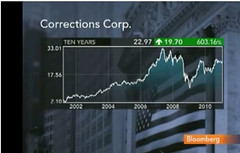Jeremy Redmon wrote in the AJC 27 May 2011, Governor asks state to probe farm labor shortages
State officials confirmed Friday that they have started investigating the scope of Georgia’s agricultural labor shortages following complaints that the state’s new immigration enforcement law is scaring away migrant farmworkers.Gov. Nathan Deal asked for the investigation Thursday in a letter to Agriculture Commissioner Gary Black. Deal wants Black’s department to survey farmers about the impact Georgia’s immigration law, House Bill 87, is having on their industry and report findings by June 10.
The labor shortages have sent farmers scrambling to find other workers for their fall harvests. Others are making hard choices about leaving some fruits and vegetables to wilt on their fields.
Proponents of HB 87 say people who are in the country legally have nothing to worry about concerning the new law. They hope the law that takes effect July 1 will deter illegal immigrants from coming here and burdening the state’s taxpayer-funded public schools, hospitals and jails.
 However, I have seen suggestions that the state send taxpayer-funded
prisoners to do the agricultural labor.
Should we go back to slave labor on plantations?
However, I have seen suggestions that the state send taxpayer-funded
prisoners to do the agricultural labor.
Should we go back to slave labor on plantations?
Better: we don’t need a private prison in Lowndes County. Spend that money on education instead.
-jsq









